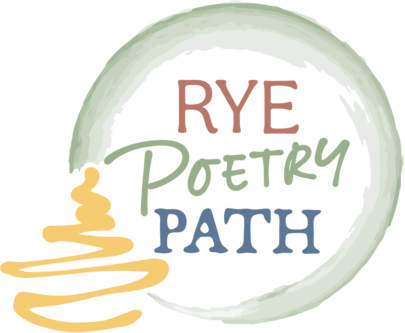There is a bamboo grove around my house
Ryōkan Taigu
At first glance the cursive Chinese calligraphy of Monk Ryōkan seems, even to those trained in the language, to be somewhat sloppy, almost childish in appearance, and illegible in places. But this disarmingly simple, artless, and exuberant style of brush writing—utterly individual and idiosyncratic—earned Ryōkan esteem as one of the great Zen monk calligraphers of all time. Though he trained as a Sōtō monk under Abbot Kokusen at Entsūji Temple, and was offered the position of head of the temple after his master died, he renounced the rigors of a monastic regimen and instead decided to live mostly as a recluse and earned the reputation of being an eccentric. He was dedicated to poetry in both Chinese and Japanese (especially haiku), and examples of his verse brushed in his own distinctive hand were avidly sought, both in his own day and into the present.
The example here is a Chinese verse written in five-characters (gogonshi) extolling the virtue of bamboo:
There is a bamboo grove
around my house.
Several thousands stand together,
forming a placid shade.
Young shoots run wild,
blocking the roads here and there.
Old branches stretch all the way,
cutting across the sky.
Frosty winters have armed them
with a spiritual strength.
Rising mists wrap them
with the veil of profound mystery.
In their healthy beauty
they even rank with pine and oak,
Although they do not vie in grandeur
with peach and plum.
Their trunks are upright
and their knots are far between.
Their hearts are void of stuffing
and their roots sturdy.
Bamboo trees, I admire you
for your honesty and strength.
Be my friends, and stand
about my retreat until eternity.
(Translation adapted from Nobuyuki Yuasa)
Sponsored by the Friends of Read Wildlife Sanctuary

